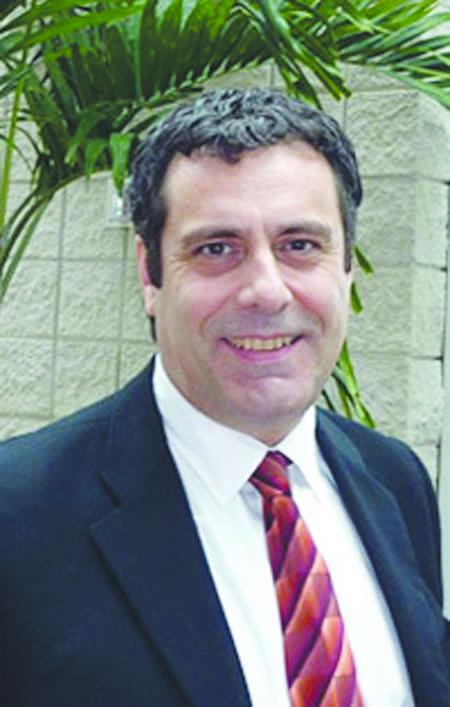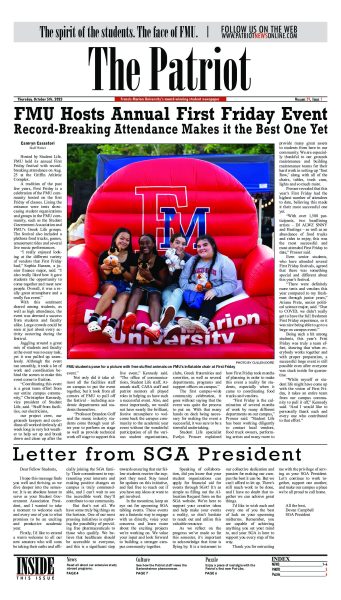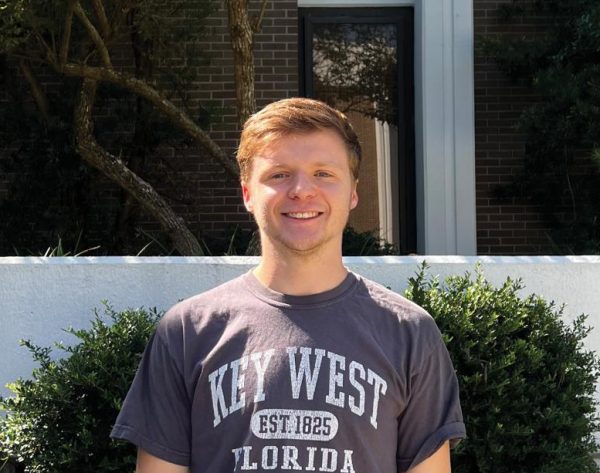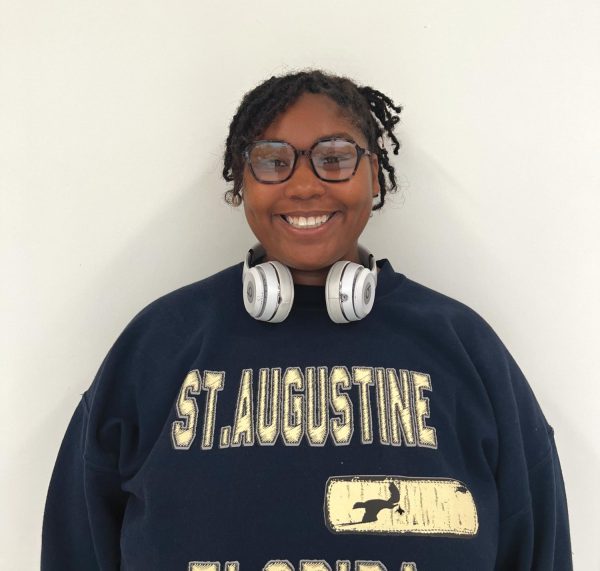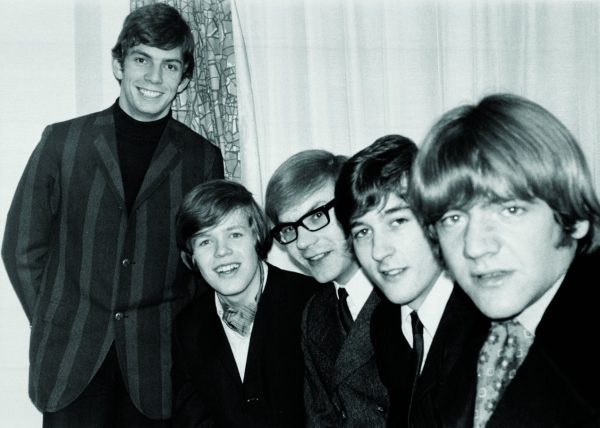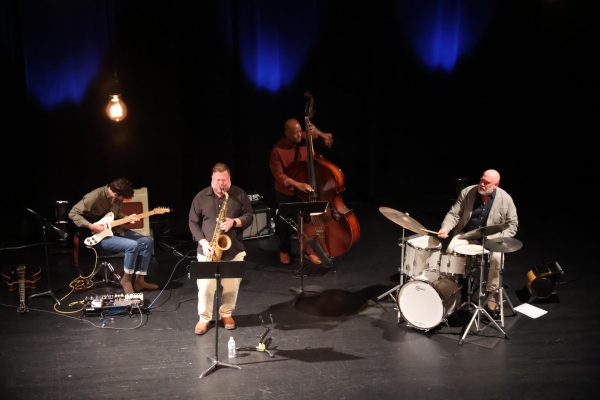Professor Spotlight: Dr. Ronald Murphy
Photo by: Contributed Photo
Dr. Ronald Murphy, clinical psychologist and FMU associate professor of psychology, is using his knowledge and experience to give back to the Florence community and make an impact on the quality of life of homeless veterans in this area.
Murphy has specialized in working with combat veterans and speci cally those suffering from post- traumatic stress disorder (PTSD).
Murphy is involved in several councils in Florence that work to aid veterans in the community, especially those living in extreme poverty.
Murphy serves on the board of the Veterans Resource Center, which provides services and nances to veterans who are homeless or on the verge of being homeless. Murphy also holds positions on the Pee DeeAreaVeteransAdvisory Council and the Florence County Collaborative Council. Murphy has been a consultant for Veteran Affairs (VA) clinics and for the Department of Defense.
Murphy participates in a monthly program called Homeless Connect sponsored by Lighthouse Ministries. This program serves the homeless community in Florence, not just veterans. Through the program, homeless people are able to receive services like clothing vouchers, civil assistance and psychological evaluations.
Murphy uses his professional education in clinical psychology to run mental health and drug screenings on the individuals who attend the program. At this stage, only screenings are done, and referrals are given to the individuals who need further attention.
“In the future, I would like to set up a clinic for treatment,” Murphy said.
Homeless Connect is a program that Murphy encourages his psychology students to participate in, but all students are welcome to volunteer their time. Murphy’s volunteers act as guides for the people attending the program. Students escort individuals to any station that they need to attend, depending on the services they are receiving, and check off the stations that have been attended. Some of Murphy’s students have been able to observe his screenings.
Murphy promotes this program and is always calling for more volunteers to join. However, there are some warnings Murphy relays. Some people who
attend the event are addicted to drugs or are mentally ill.
“If you want to experience real life, then come with me,” Murphy said.
Murphy explained that volunteering with this type of population is doing a good service to the community. He feels as though there is an obligation to serve the homeless community.
Murphy began working with veterans early in his career with a job with the VA. His experience goes even farther back, as his father was a veteran. He said working with veterans combines two of his interests: history and psychology.
Murphy describes his work with veterans as a way to give back and as an in uence on one’s views.
“It is really a privilege and an honor to work with veterans,” Murphy said. “It informs my political views and shows the real cost of our freedom.”
Murphy compares his work with veterans to one of his childhood favorite TV shows, “Time Tunnel.” Interacting with and hearing the stories of the veterans is
like glimpsing into the past. The descriptions of their experiences are vivid and show the effects that war has on the lives of those on the frontlines of battle.
Murphy also lends his guidance to students at FMU. He is currently working with four graduate students and four undergraduate students on research projects. These research projects generally are investigating different aspects of homelessness and PTSD in veterans.
Murphy been has published in book chapters, as well as published journal articles describing research he has conducted. His research areas of interest include academic engagement in rst generation college students, motivation to change and substance abuse. Students, particularly psychology majors, who are interested in gaining experience with research in these areas are encouraged to contact Murphy.
For more information, please visit www. lighthouse orence.org, or contact Murphy.
